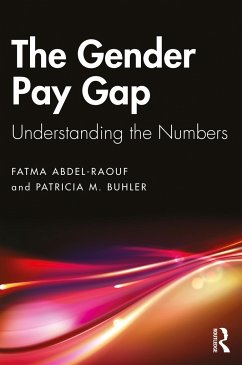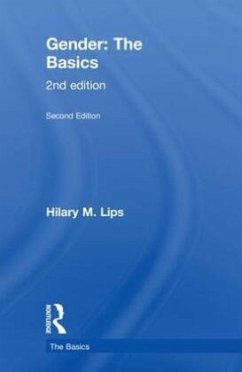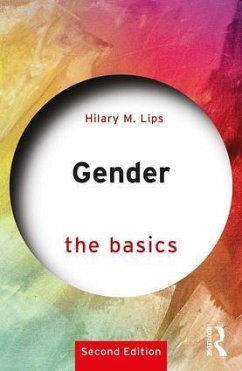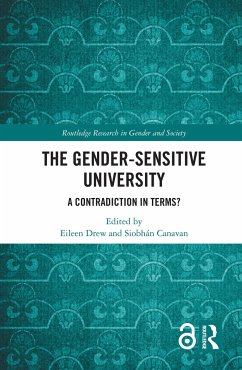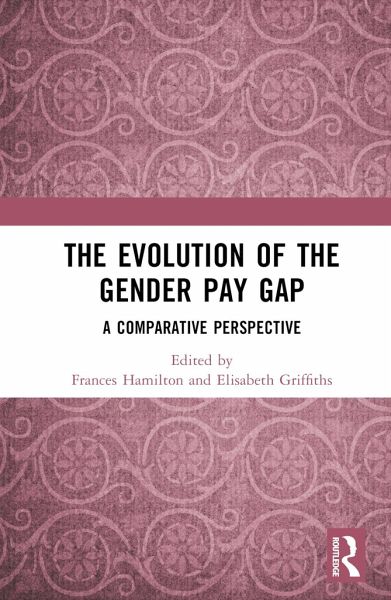
The Evolution of the Gender Pay Gap
A Comparative Perspective
Herausgegeben: Hamilton, Frances; Griffiths, Elisabeth
Versandkostenfrei!
Versandfertig in 6-10 Tagen
154,99 €
inkl. MwSt.
Weitere Ausgaben:

PAYBACK Punkte
77 °P sammeln!
Through interdisciplinary research, this book explores the continued cause of the significant gender pay gap that still exists in many countries today. This gap persists despite a wide range of measures having been introduced to protect women at work. Internationally varied approaches which have been attempted include prohibiting discrimination, maternity leave, maternity pay, health and safety protections for pregnant workers, tax breaks, childcare vouchers, shared parental leave, and gender pay gap reporting. This volume makes a significant and original contribution by tackling the topic thr...
Through interdisciplinary research, this book explores the continued cause of the significant gender pay gap that still exists in many countries today. This gap persists despite a wide range of measures having been introduced to protect women at work. Internationally varied approaches which have been attempted include prohibiting discrimination, maternity leave, maternity pay, health and safety protections for pregnant workers, tax breaks, childcare vouchers, shared parental leave, and gender pay gap reporting. This volume makes a significant and original contribution by tackling the topic through fresh historical and activist approaches, specific consideration of certain professions, and topical issues, such as the gig economy, treatment of carers post-coronavirus, and developing approaches to prosecuting pay equity claims. Our comparative approach interrogates how countries studied in this volume have had varying approaches and differing success in tackling this pervasive issue of the gender pay gap. Lessons to learn regarding policy reform are included in chapters from authors based not only in the UK but also in the United States, Australia, and the Republic of Ireland and fully developed in the conclusion.





